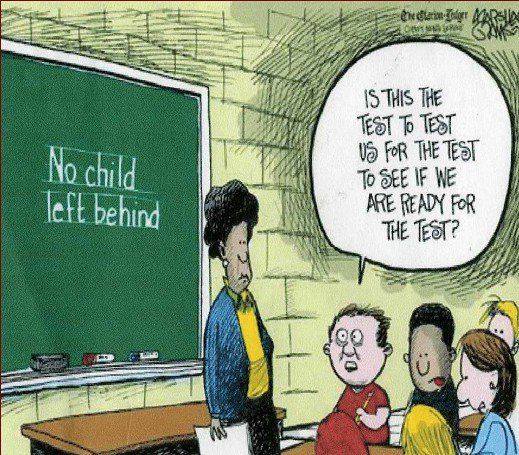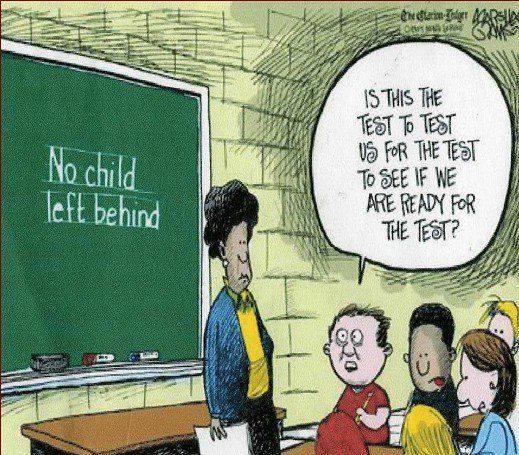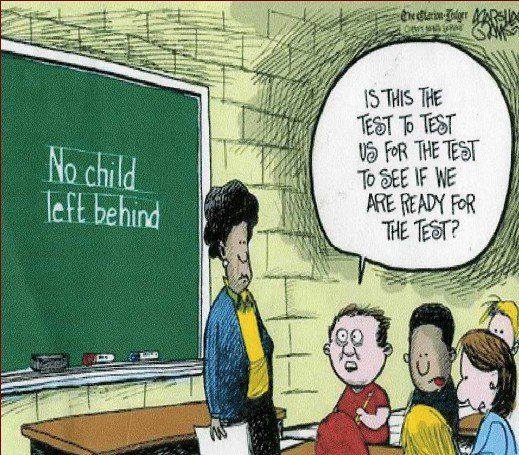Kindness is a character quality that is rarely displayed in our society. A person who is benevolent is seen as weak by many. Webster defines the word kind as the following: having a gentle nature, with a willingness to help others. To be kind in today’s world is to be completely contrary to the society we live in.
The Bible commands Christians to show compassion and serve others. How can parents instill a desire to be kind in their children? Read on for some ideas that will help you encourage your children to be kind, even in today’s world.
Model Kindness
We are our children’s first teachers. Often the character traits we feel are lacking in our children are lacking in our own lives. If you want your children to be kind, you have to be kind. Your children need to see you going out of your way being gentle and serve others, even when it isn’t easy, even when the other person doesn’t deserve it.
The only way you can be kind to others is to live a life that is 100% sold out to Jesus Christ. On our own, we have no hope of truly being gentle and serving others, with God’s help there is nothing we can’t do.
True kindness goes so much deeper than the surface, it is a genuinely caring for others and sacrificing our wants and needs to serve others. St. Francis said, “Preach the Gospel, if necessary use words.” Our actions are the only sermon that some will ever hear. Let’s be intentionally kind and make what we say and do count for eternity.
When our children see us serving and loving the unlovable, they will follow our example.
Practical Ways to Model Kindness
we need to be consciously seeking ways to model kindness to our children. Here are some simple ways you can model kindness and involve your children in the process:
Make meals for new mothers or people who are recovering from surgery or illness. Kids love to help in the kitchen and preparing a meal for someone who is in need is a practical way for you to show kindness as a family. Have the kiddos make a card or homemade gift to include with your blessing.
Visit the elderly in nursing homes or shut-ins. Elderly people love seeing children and have a lot of love and wisdom to offer your children. Make pictures, small crafts, or sing for them. Shovel snow or mow a neighbor’s lawn to reach out to others right in your neighborhood. Make cookies take to your local police department or fire department to say thank you for a job well done.
Teaching your children kindness starts with your example. Just like we teach our children practical skills, we teach them character by how we interact with others. Kindness should be a way of life in a Christian home. Start sowing seeds of kindness today and see what God will do!!! For more about homeschool books









